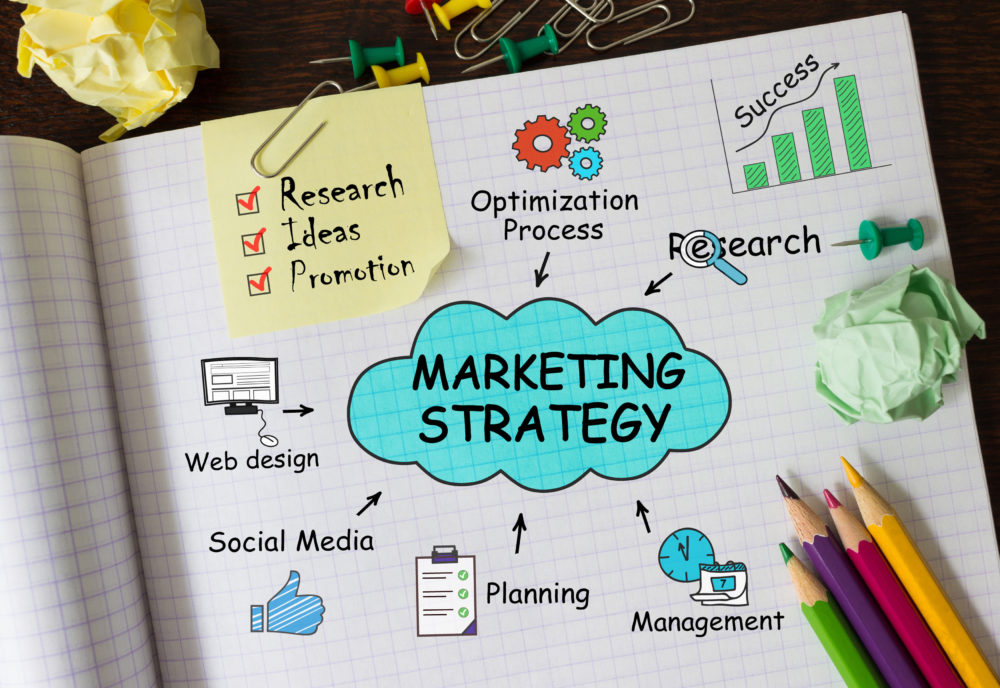Businesses have majorly shifted their focus over the past two decades, moving from hard selling to personal connection.
Linzi Boyd, BusinessofBrand’s founder, explores this change and shares some tips on how you and your business can adapt.
From ‘why’ to ‘who’
People have talked about ‘why’ since the early 90s.
But by 2010, the existing trend was over and a new era of ‘who’ had begun. While still vital to have purpose integrated into your business, it has become a given and not a choice for leaders to build their business around.
The customer now also needs to feel heard, and they need to know the people behind a brand. They need the businesses they are engaging with to know and hear them. They no longer want to be sold to; they want the emotional and human connection.
As a result, businesses have begun to engage with the emotions of the customer rather than the sales process.
“The customer now also needs to feel heard, and they need to know the people behind a brand”
Are you in-line with these new values? Ask yourself the following questions.
What do you want to be famous for?
If you say, ‘I don’t want to be famous’, then ask if you’d like to be known for having a positive impact on your industry. How about being known for having a positive impact on the world? Many people would say yes to the last two questions but not the first – but really, they’re the same thing.
Don’t be afraid of fame as it’s subjective. Making a brand well-known for having a positive impact in some way is at the heart of most entrepreneurs’ visions, even subconsciously.
What type of business model are you building around you and your brand?
Having an exit strategy is helpful at any stage of your business. The following models are essential to ensure you build your brand around the who while ensuring it could still exist without you being intrinsically linked to the business.
The Guru Model
You don’t need to be the CEO of the company to be the face: Richard Branson, Steve Jobs and Elon Musk have all proved that. Entrepreneurs can opt to be ‘ambassadors’ for their brands instead.
Stepping away from the role of CEO and into founder often builds the valuation of the business. It also drives awareness and sales so that the business, upon exit, has not been built around you.
The Industry Model
This is when you’re well-known in your industry but not outside of it. Who is the most well-known person in your field? Ask if people would know that person outside of your space, what they’re known for and whether they’ve made a positive impact on their industry.
The Advocacy Model
Make your brand famous beyond your industry by enlisting the help of celebrities or famous advocates of good causes. You could even try partnering with other brands who can be the ‘face’ so that you don’t have to – it still drives the pull in the market to your brand.
Alternatively, you could go for the Internal Advocacy Model – using the people in the business to represent the brand. HSBC is a good example of this.
The Celebrity Model
Known for endorsing brands as opposed to owning equity in their brands, famous bloggers and vloggers are prominent in this space. They’re now becoming savvy by turning their profile into a business asset and owning shares in the businesses they are endorsing.

The last model is for the co-founders of a business: you have your own personal platforms but also share one together. For instance, you can do speaking engagements and conferences together, but also have your personal brand. This gives you maximum impact.
Your personal brand: where are you on Google?
Google pulls articles, images, tags, web links, mentions, tweets and LinkedIn posts from everywhere on the net. It’s crucial that every piece of content you produce online is tagged with your name so that any searches for you bring up a vast quantity of content.
“If your brand isn’t visible in a Google search, you’ve lost them”
You should also leverage opportunities with high-growth communities – not just to expand your knowledge, but to build your online profile via content and events.
Don’t be invisible! On average, people will only be interested in something for three seconds before they switch off. If your brand isn’t visible in a Google search and doesn’t hold their attention, you’ve lost them.
Remember that you are the curator of your own brand: own your own website, own your name, invest more in your own website and personal brand. People want to know about you more than they do your business.
Shout about your purpose on your personal platforms. If you’re giving back to the community, environment or world, make sure you tell people about it. Build a foundation for the brand around this positive purpose.
Linzi Boyd is the founder of BusinessofBrand.
See also: The benefits of an integrated professional and personal online presence





